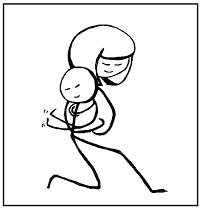
But, this isn’t the whole picture, not by any means. The truth is that both the choice to remain in the Church and a faith-based approach to social/ecological justice go hand-in-hand with another kind of isolation. When I think about raising our daughter in the church, I seriously question if I want her to experience the loneliness of being a Lutheran child.
I’ll explain a little more. The turning of the church year, the stories, the songs, and ways of thinking that accompany our tradition are deeply embedded in who I am – because of how I was raised and also because I have chosen to continue in the church. There are things about this I deeply value mostly because I work hard to reinterpret them for my own life and context. But, I have felt alone in this path almost always.
My friends haven’t been churched since I was in kindergarten. As a teenager, I had fleeting moments of connection at Camp Edgewood or youth events. As an adult, I have attempted to resign myself to the fact that when I say church is intergenerational I really mean that it is just my family and folks over 60. It is lonely and it is lonely for my daughter too.
The hard question I face is that I don’t actually believe that to live out the social/ecological values I would like to instil in my daughter she has to be churched. In fact, it can be hard to wade through two thousand years of sexist-racist-homophobic-anthropocentric-conversion oriented thinking to get to the message I want my daughter to inherit. It might be easier to start from a secular standpoint.
Furthermore, when working with others my age outside the church I have often felt the need to hide the faith motivations behind my activism for fear it will be misunderstood or merely take too much explaining. This leaves a big part of me behind and it is lonely too.
This for me is the hardest and deepest question as a parent in the church. It hurts to feel alone. Do I want to pass this onto my daughter?
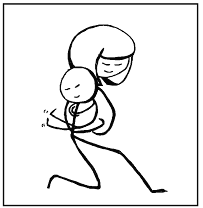
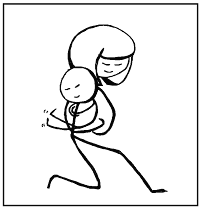
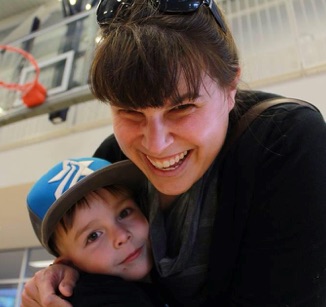
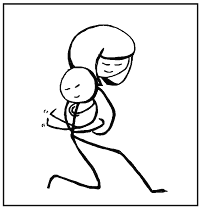
 RSS Feed
RSS Feed
